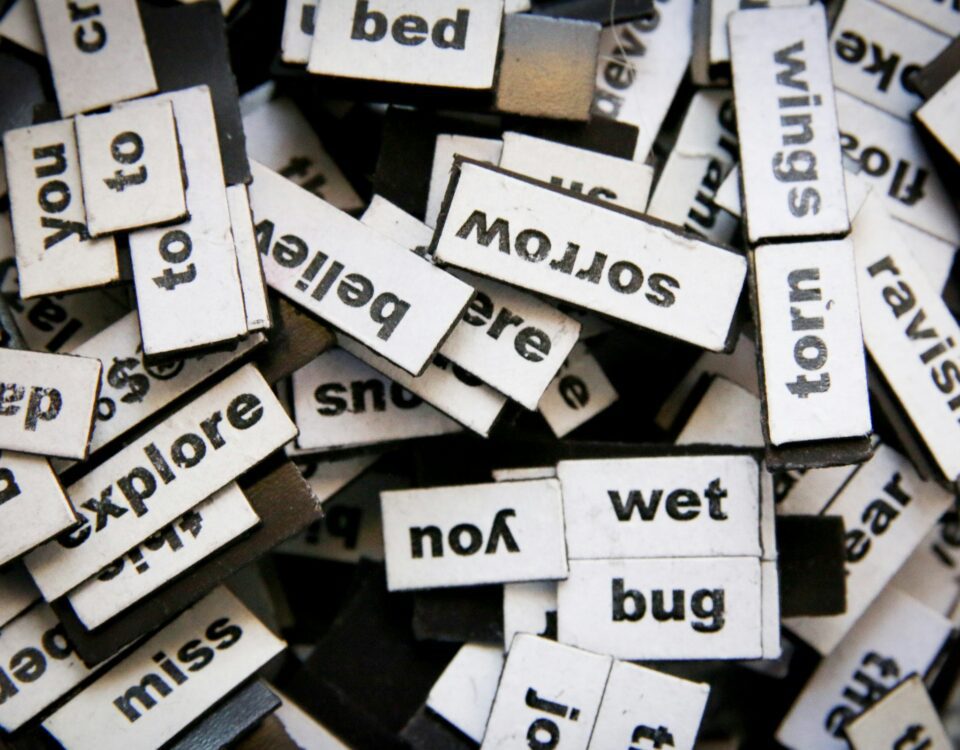
Returning to “Normal”
April 20, 2022
Work and Resilience
May 4, 2022If you are the person that other people turn to in an emergency – please read this.
For the Helpers
It happens. The doctor is ill, the pastor is spiritually lost, and the therapist feels overwhelmed. How do the helpers cope when we need care?
Some people get paid to be a helper. Medical care, education, teaching, ministry, social work, mental health…. There are a lot of careers that focus on helping others. Most people in these fields were supportive people before they went to school; their choice of education and career made sense given their personality.
Some people don’t get paid to do this. Their job is technically something else, but in reality, they are the one that is there for everyone. When I worked at a special needs preschool, much of the emotional work in the building was done by the cook. She knew all the ins and outs of everyone’s life and mediated staff conflicts. (Coffee and chocolate chip muffins were the first step in the process.)
Whether you get paid for it or not, you know who you are.
Strengths and Vulnerabilities
Traits I see in helpers include: compassion for other people’s struggles, confidence handling an emergency, the ability to read a room, fierceness in advocating for other’s needs, creative problem solving and a passion to help others see their own self-worth.
What about the shadow side of being a helper? This can include: the need to be seen as the one who has it all together, a desire to always be in charge, distraction from our own struggles and difficulties, or a sense of self-worth built on being helpful and strong.
“You know we are encouraged to do self-care because you can’t pour from an empty cup. How about we do self-care because it sucks to have an empty cup.”
We become vulnerable when the desire to be helpful combines with the shadow side, leading us to think:
- I really enjoy helping, and I do not want to appear weak, so I don’t ask for help for myself.
- I am so used to “holding down the fort” that I don’t take time to acknowledge my own fatigue.
- I can handle any crisis that comes my way and find it hard to slow down.

Helpers may be encouraged to put themselves at the bottom of the list. Some helpers are in jobs in which the case load is truly undoable. They hear, “We know we can count on you,” and may get the message that asking for support means both losing your job and “betraying the mission of your profession.” Unpaid helpers may have family or friends who are quick to call with a problem but are not there to listen or to help when needed.
First Responsibility
To be clear:
As a helper your first responsibility is to take care of yourself. A colleague and I were talking about this and she said, “You know we are encouraged to do self-care because you can’t pour from an empty cup. How about we do self-care because it sucks to have an empty cup.”
When training, I ask a lot of professional helpers about how they stay resilient. Common answers include: stay educated, exercise, listen to music, go outdoors, enjoy kids and/or pets, art, craft, prayer.
The thing they don’t do: ask for support. As a recent participant said “I am pretty much a one woman show. I don’t count on anyone. My family and clients all count on me, so do I.”
- If you are ill, spiritually lost, or feeling overwhelmed do more than your usual self-care routines.
- Look at your schedule and say no or “not now” to some people or activities.
- Take a day off for health or mental health care.
- Trust that the world will not fall apart without you.
- Recognize that you are valuable and lovable even when you are lying on your couch.
- Ask someone to make that phone call to advocate for what you need.
- When someone says “can I do anything for you?” resist the urge to say, “I’m fine.” Ask them to run an errand, bring you a meal, or watch a movie with you.
You don’t have to take care of yourself so that you can take better care of others. Take care of yourself because you deserve as much care as anyone else.
To learn more, explore learnmodelteach.com for tools, videos, and coaching opportunities.
Peace,
Laura A. Gaines





